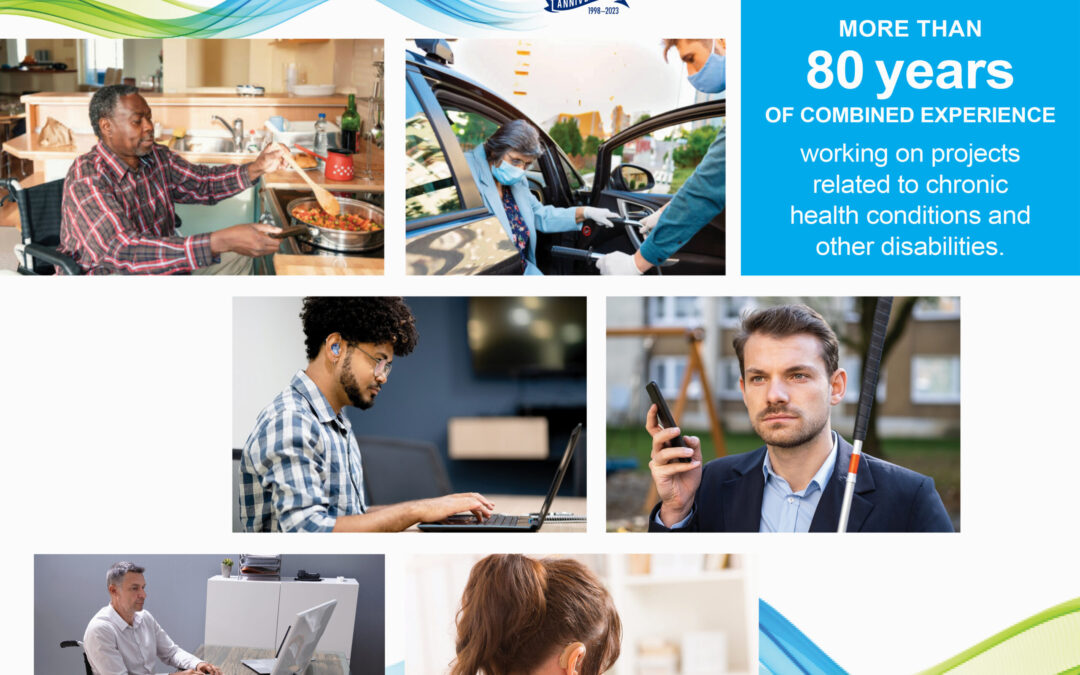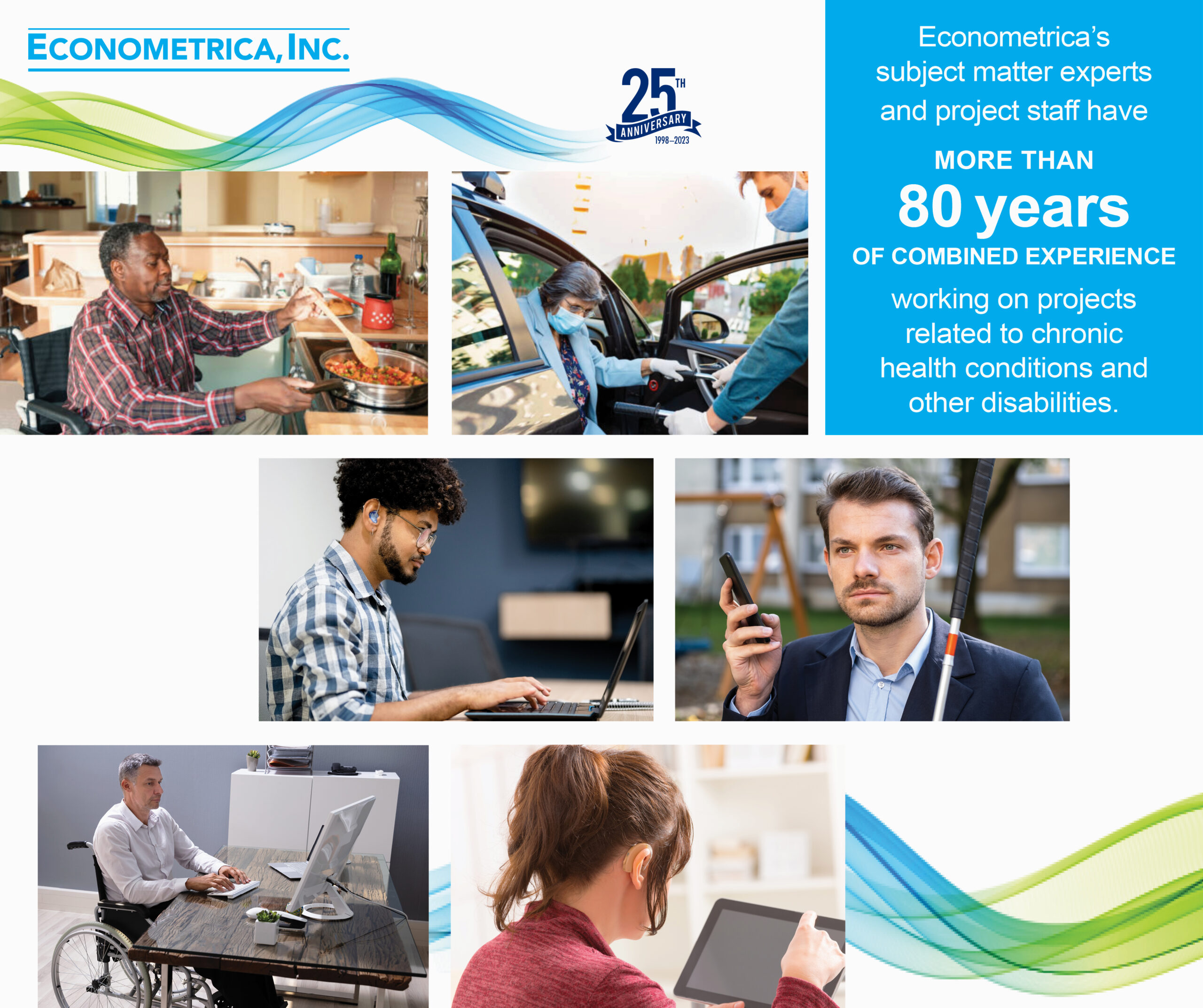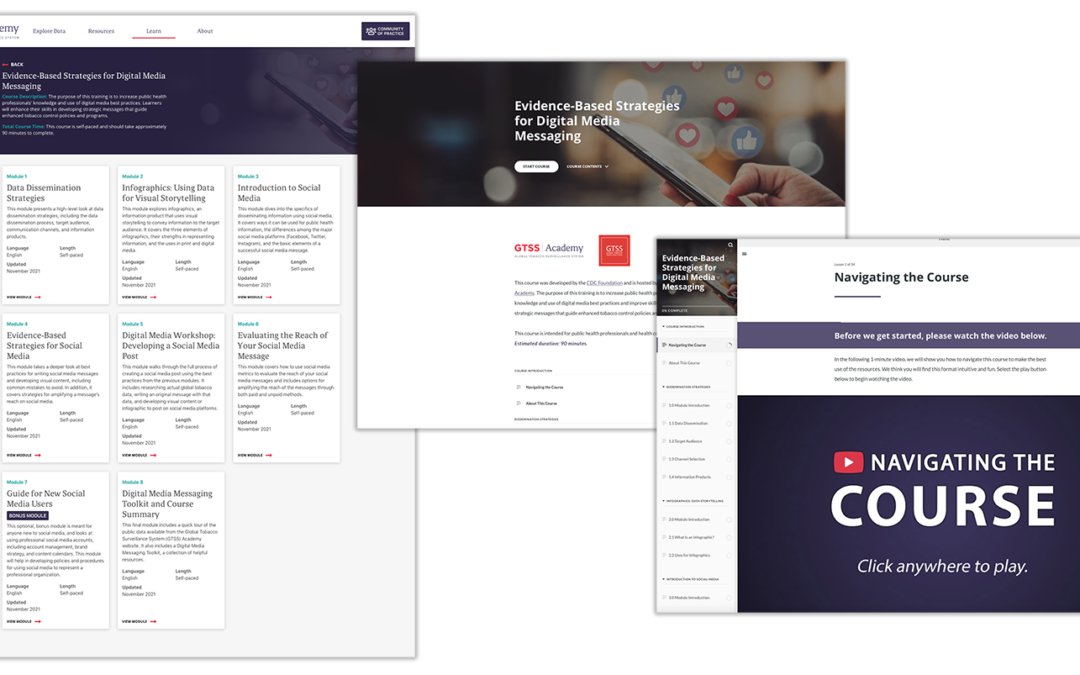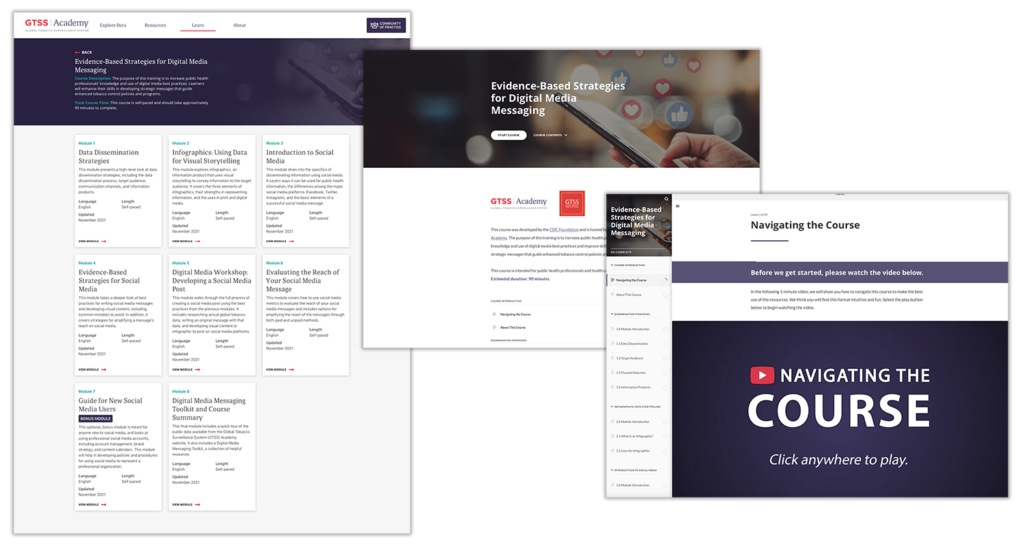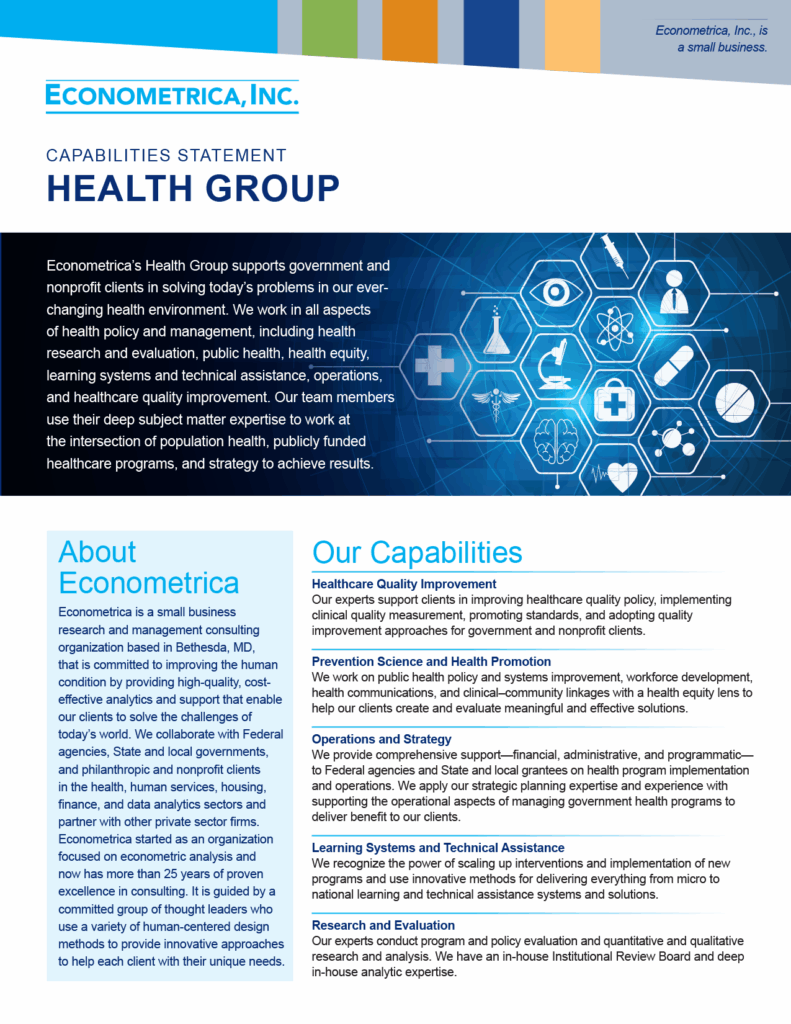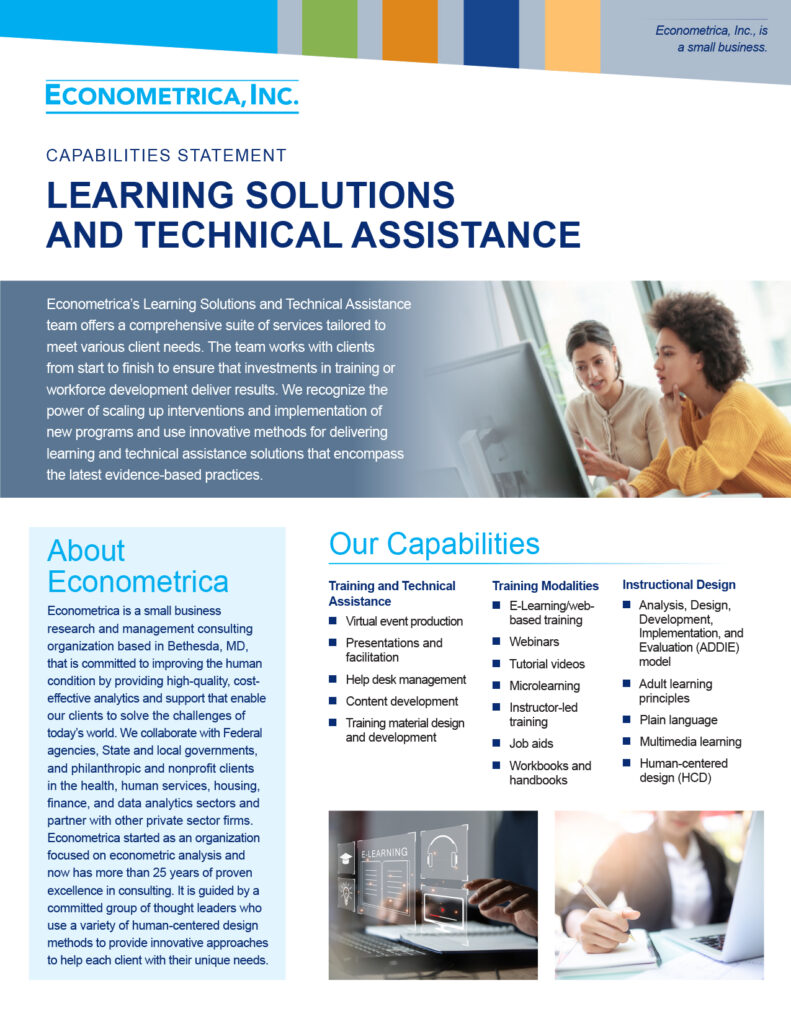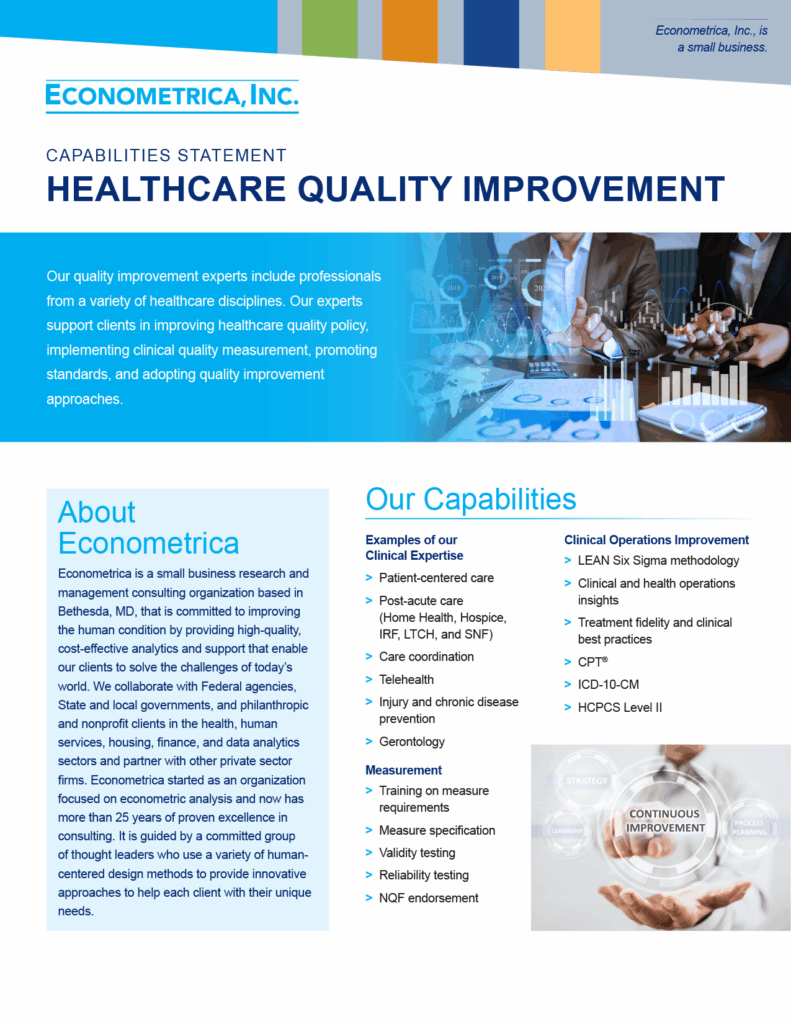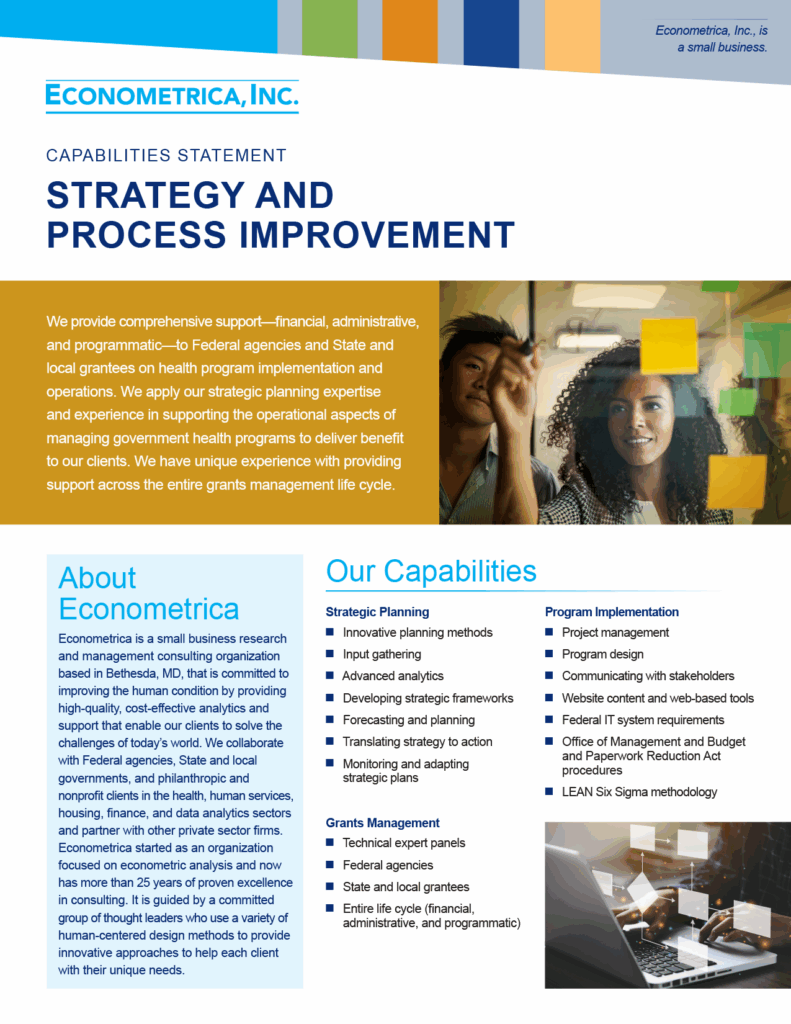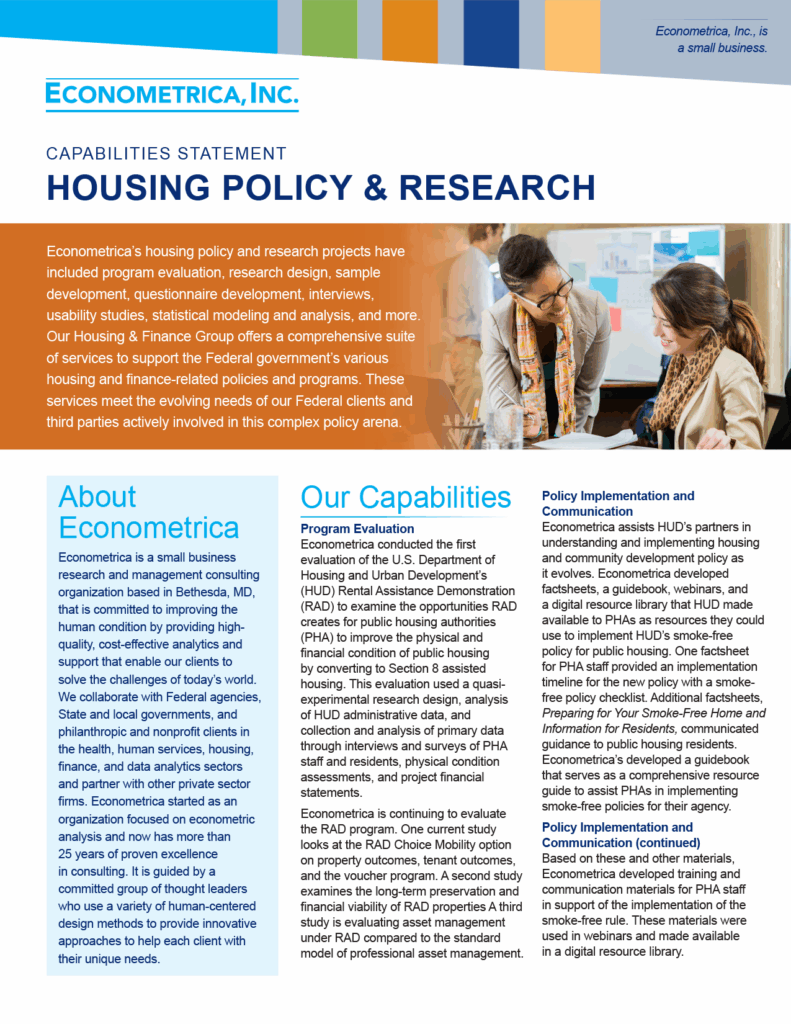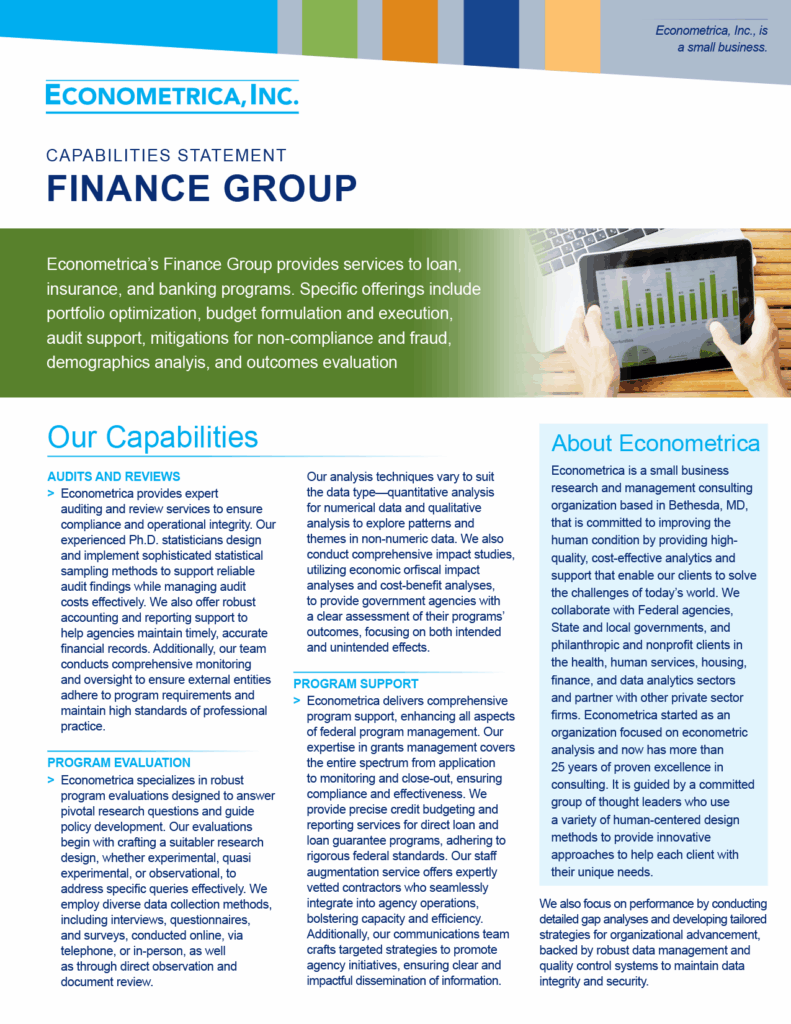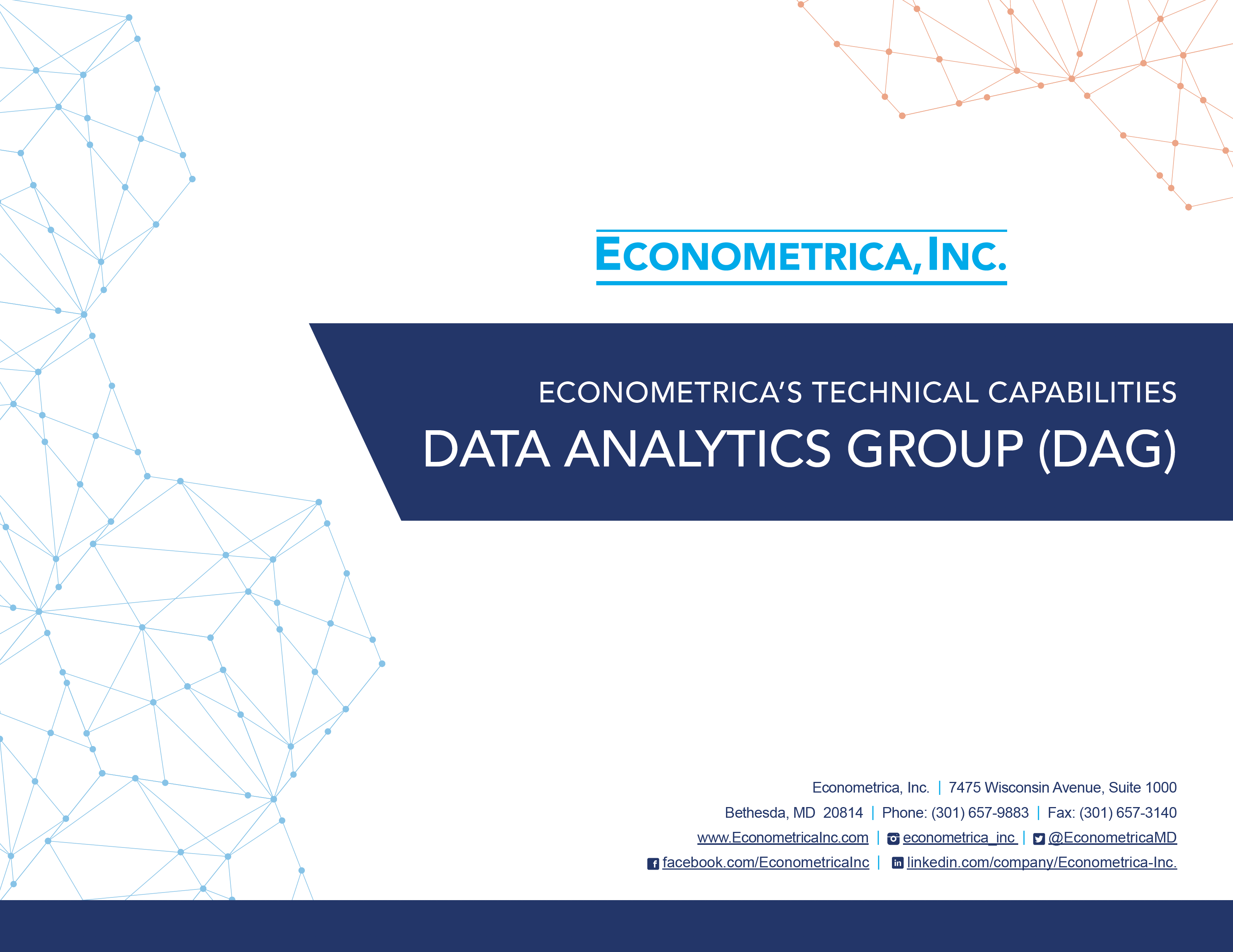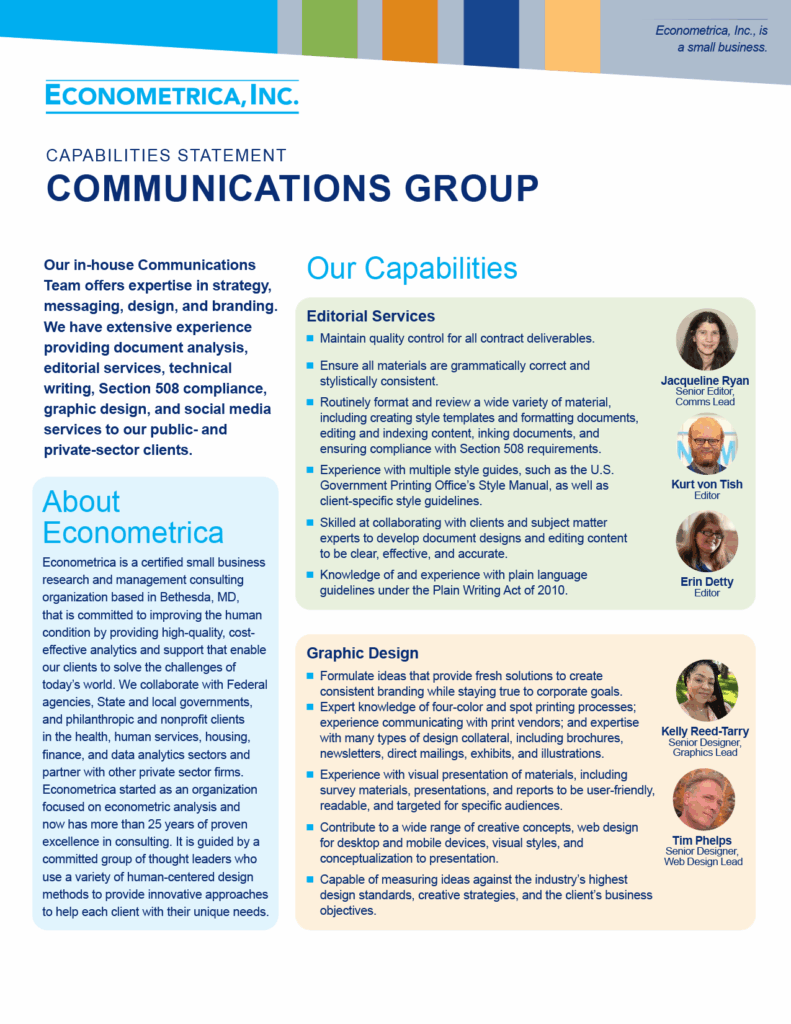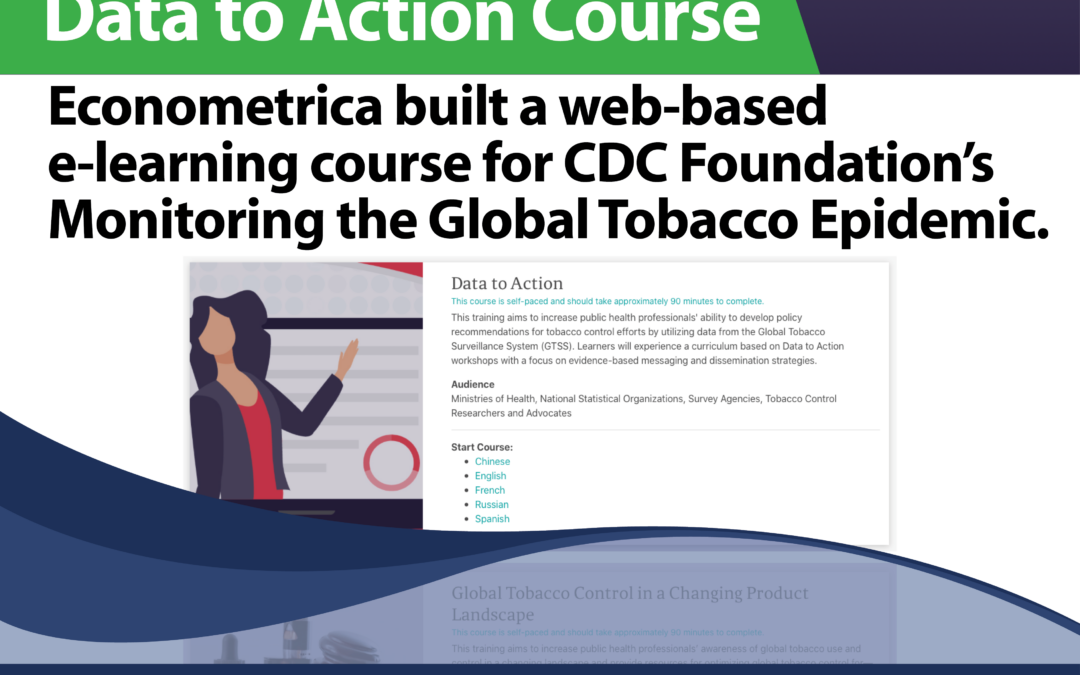
Monitoring the Global Tobacco Epidemic: Data to Action Course
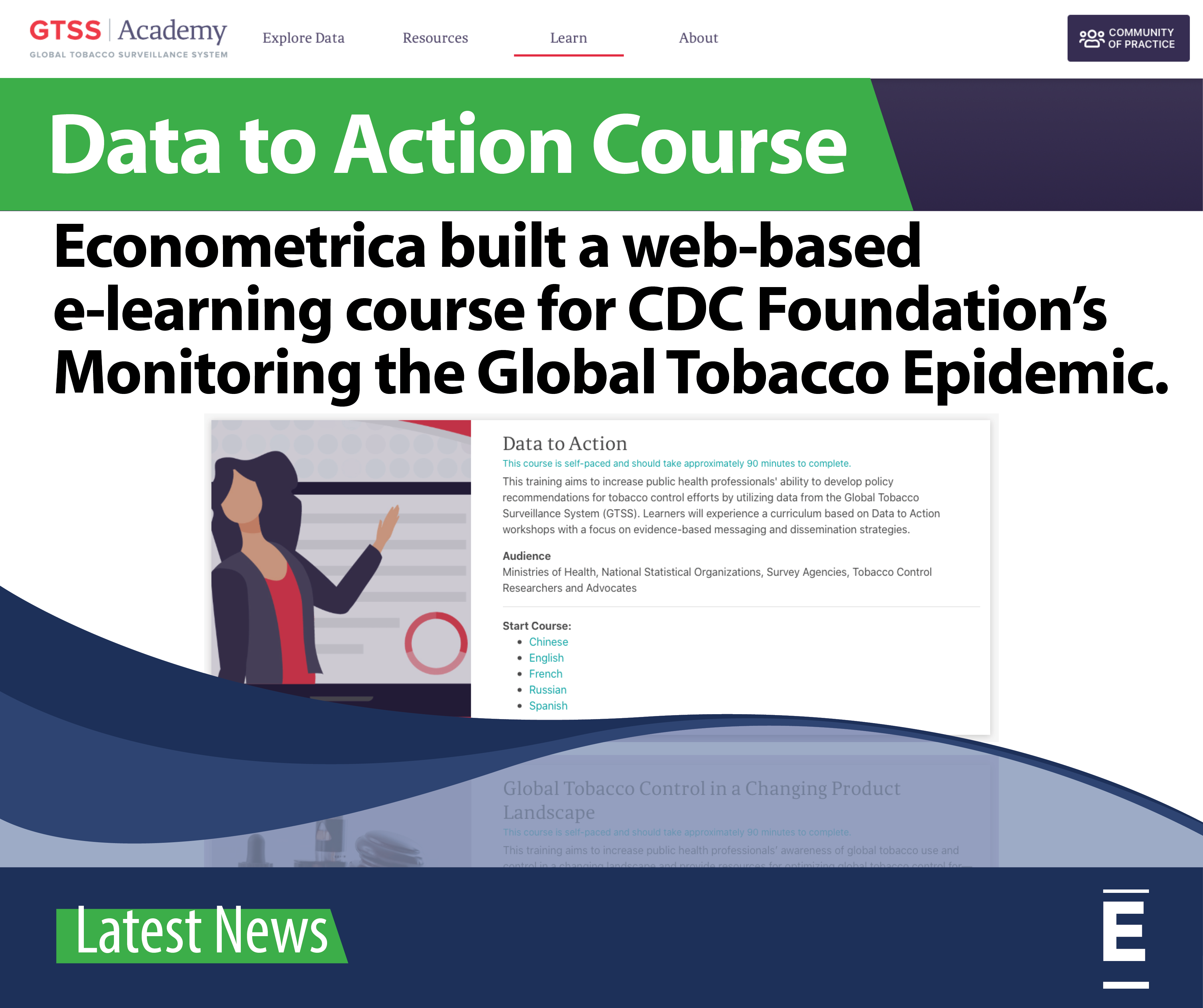
Econometrica built a web-based e-learning course for CDC Foundation’s Monitoring the Global Tobacco Epidemic: Data to Action course. This e-learning course supports CDC Foundation’s goal of helping countries understand how to use data to combat the tobacco epidemic. The course was translated from English to Spanish, Russian, French, and Mandarin Chinese. Econometrica and CDC Foundation worked collaboratively to develop the e-learning course and ensure that it is accessible, interactive, and engaging.
Additionally, the Econometrica Team created short, animated videos using Animaker, Camtasia, and Headliner for inclusion within the course.
The CDC Foundation’s Monitoring the Global Tobacco Epidemic: Data to Action course is available at: https://www.gtssacademy.org/learning/.
The CDC Foundation is an independent nonprofit and sole entity created by Congress to support the Centers for Disease Control and Prevention’s (CDC) critical health protection work. The CDC Foundation forges effective partnerships between CDC and corporations, foundations, organizations, and individuals to fight threats to health and safety. Learn more at www.cdcfoundation.org.
Work With Us, Work for Us
Econometrica, Inc., is a small business research and management consulting organization based in the greater Washington, DC, metropolitan area. We are committed to improving the human condition by providing high-quality, cost-effective analytics and support that enable our clients to solve the challenges of today’s world. We collaborate with Federal agencies, State and local governments, philanthropic and nonprofit clients, and private-sector partners in the public health, healthcare, data analytics, housing, and finance sectors.
To work with us on your next project, visit us online or email us at Info@EconometricaInc.com. To explore the benefits of working for us, visit our careers page. Follow us on LinkedIn, X, Facebook, and Instagram.

